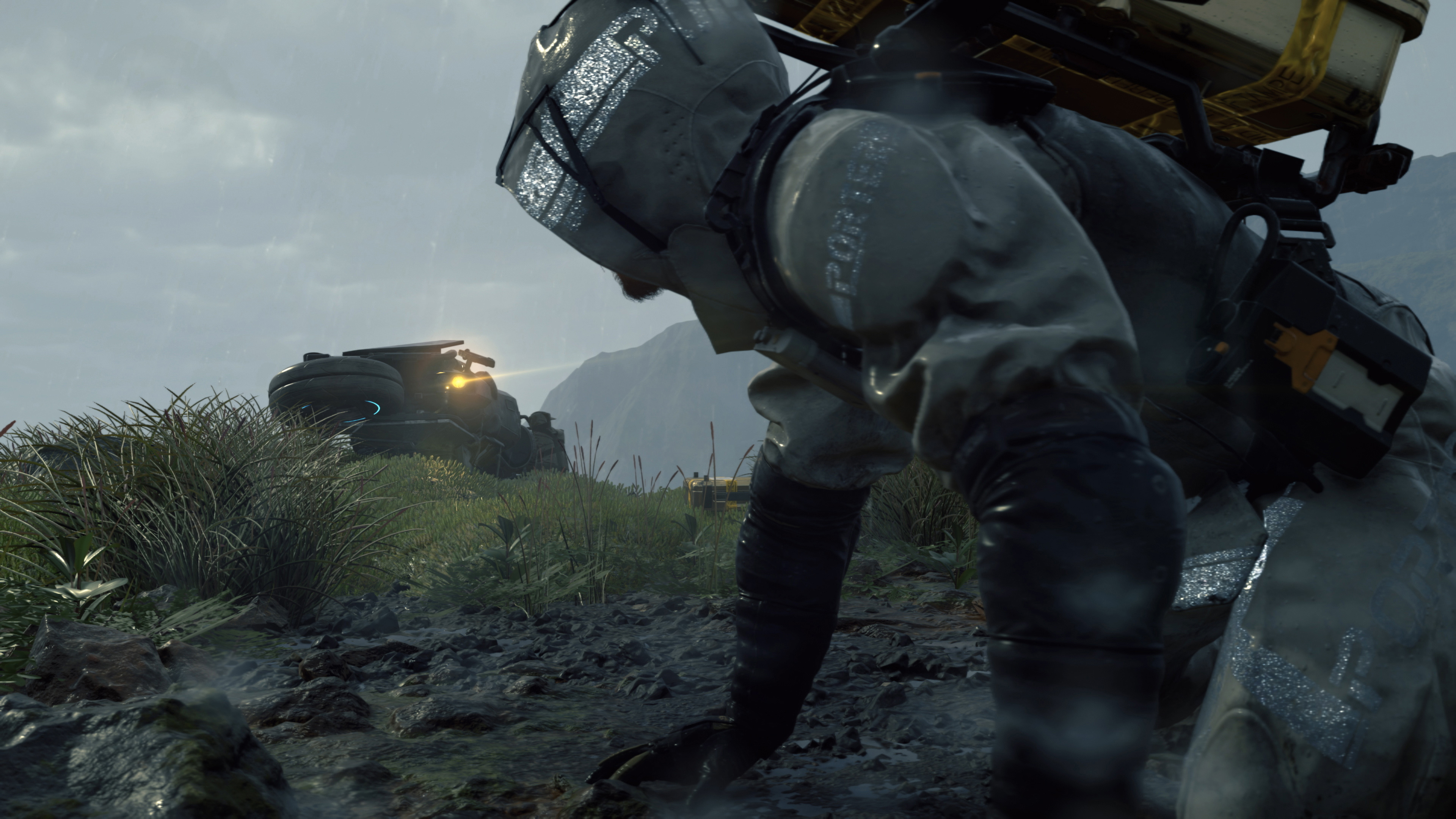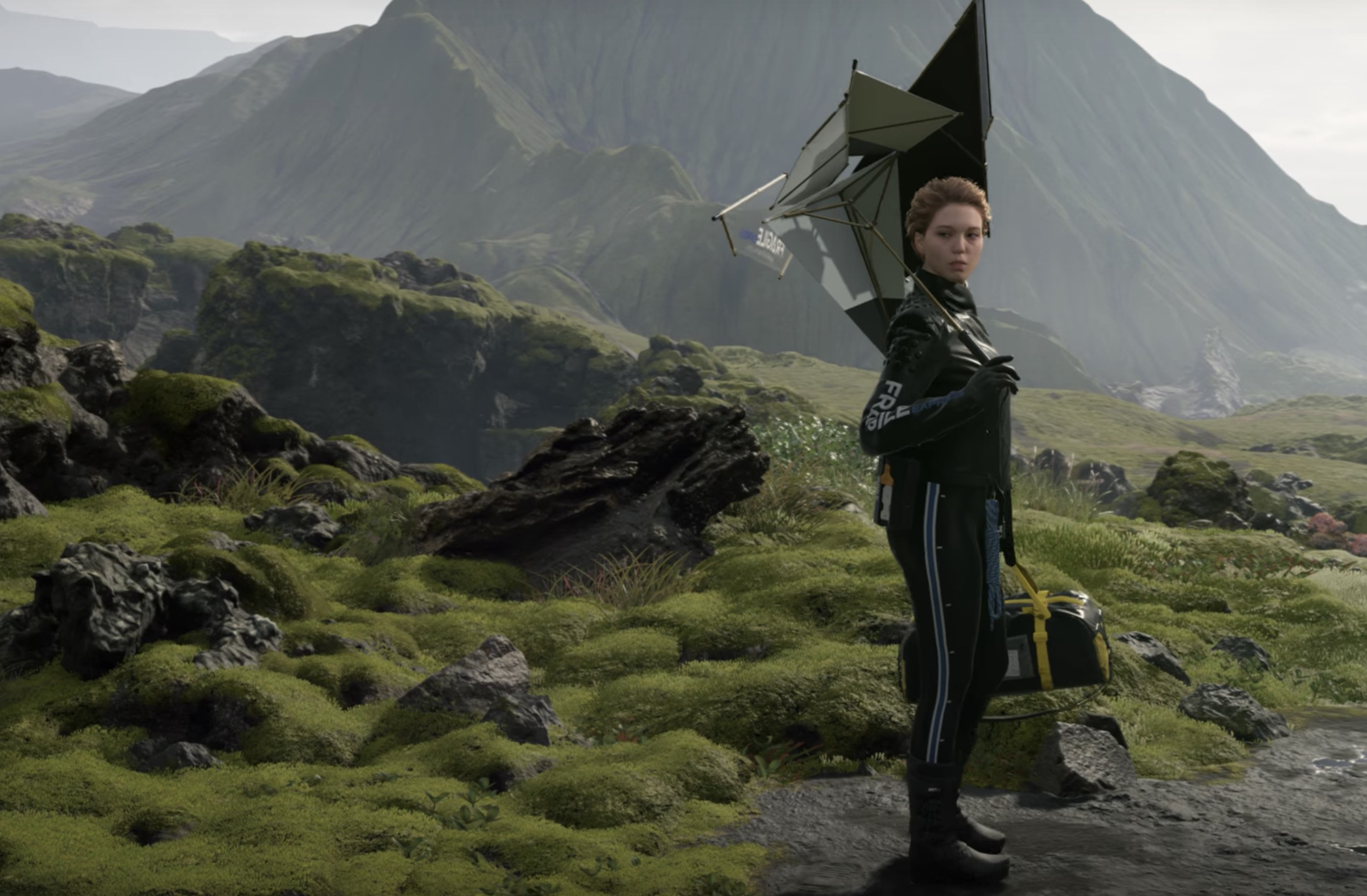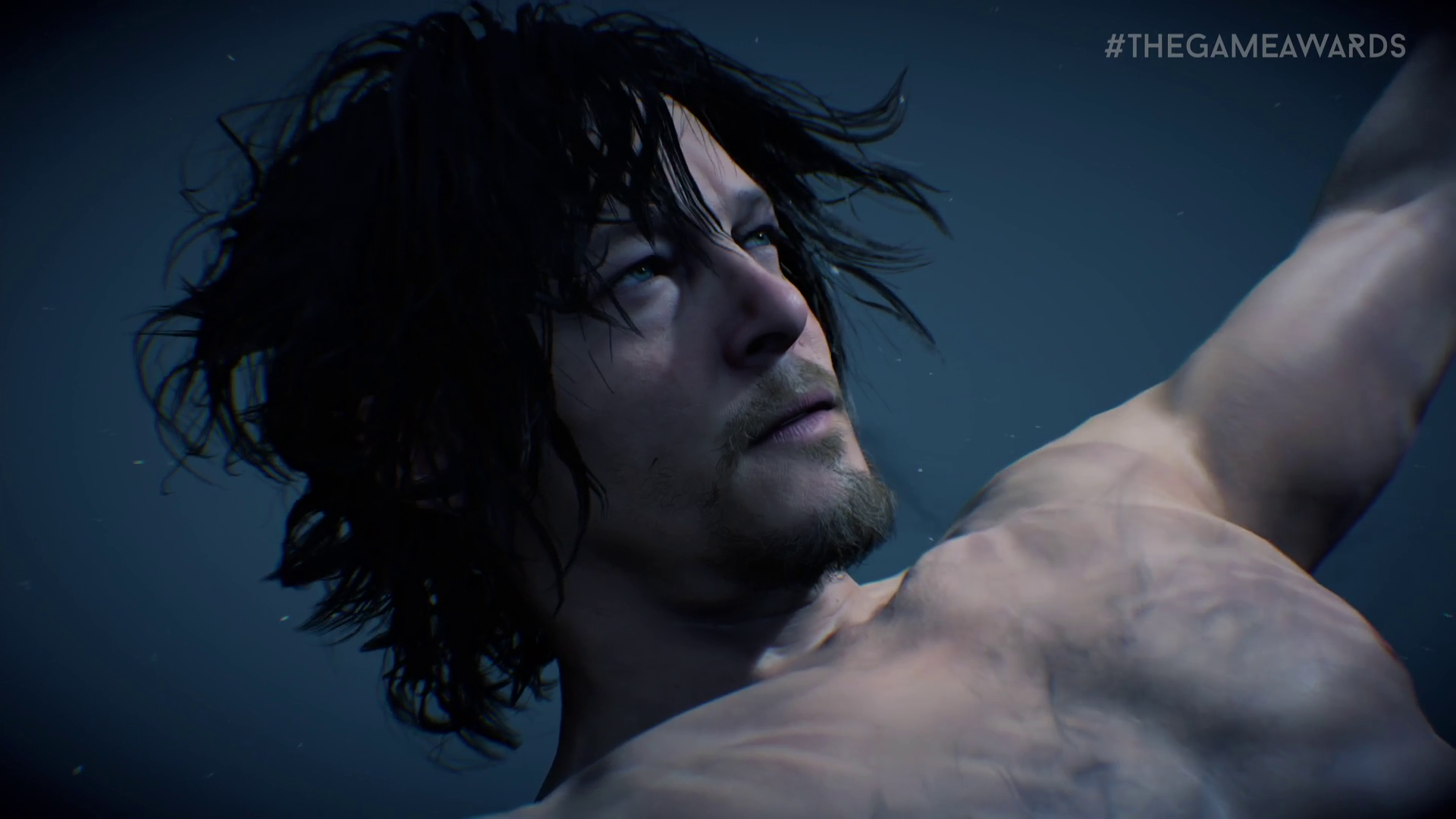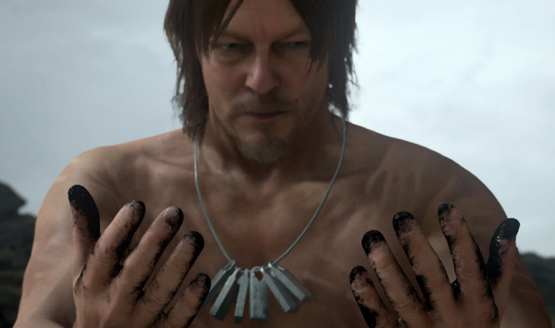
Hideo Kojima, the person who inspired the Dev Spotlight series after we discussed his importance on his birthday this year, is the talented auteur behind the Metal Gear games that Sony fans love so dearly. An icon in the games industry, Kojima’s work is celebrated all over the world. After Konami controversially ousted the brilliant designer, Kojima began working on the mysterious Death Stranding with Kojima Productions. Starring The Walking Dead’s Norman Reedus, Death Stranding is set to drastically change the ways in which the cinematographic elements of contemporary game design work.
Death Stranding, though, likely won’t launch any time soon. Despite a recent rumor originating from a Walmart ad that seemed to imply the game was going to launch in 2019—which was immediately debunked, given that the “release date” was a Sunday—it’s likely that Death Stranding won’t be shipped until the PS5 comes out. PlayStation pulled out of E3 2019, which led many to believe that this was because the PS5 would come out in 2020, but even still that seems a little too soon. It truly could be several years before we’re able to get our hands on an actual copy of Death Stranding.

From what we’ve seen so far, though, there’s already quite a bit to work with in relation to Death Stranding. Niall’s article on the ways in which Death Stranding is influenced by Greek and Egyptian myth is a well-researched deep dive into solving the mysteries rooted in the game’s core—and it only uses the trailers we’ve seen so far. With no actual gameplay showcased yet, fans who are excited for Death Stranding have very little to work with. This, however, only increases the game’s mystique, which seems to be a part of the game itself.
Because the long trailers feature absolutely no gameplay, the content is purely cinematographic. Kojima is known for having implemented particularly long yet undeniably engaging cutscenes into the Metal Gear games, so it’s likely that Death Stranding will be no different from his previous titles in this sense. The motion-captured Reedus, too, imposes a new dimension onto the way in which video game characters can be acted and brought to life. Perhaps more so than ever before, this game will showcase the cinematographic potential that video games as a medium have.
Has Death Stranding already begun, though?
I don’t mean to say that it has in a literal sense. In fact, I don’t mean to say that it has at all—I’m simply posing the question because its mystique seems to have already achieved something uniquely promising. There is no established Death Stranding universe, and the trailers are emphatically ambiguous; yet, there is already myriad great pieces of writing on the game’s lore, themes, and motifs. From just a couple of trailers, an explosion of mythbusting erupted across the internet, as Kojima fans came together to try and decipher the mystery imbued in the very heart of Death Stranding. Although I drew attention to the game’s cinematic prowess above, I’m more interested in the way the content is being engaged with than the content itself at the moment. Lots of people have said the same things as me—this really will be a spectacle of video game cinematography. The trailers aren’t just visually impressive, though; they’re a tangible way of partially reaching out to a game that may not ship for years.

In that sense, the game’s inherent ambiguity and mystique have been greatly accentuated. For every hypothetical idea posed, another idea is born in contradiction to it. As of now, hundreds of interpretations, readings, and think-pieces have surfaced online. From video game sites to the comments sections of Reddit, people are coming together in order to stitch the pieces of Death Stranding together, but the more stitches that are sewn, the more stitching we need to do. It seems that every piece of progress on deciphering Death Stranding yields a plethora of even greater tasks to fulfill. With no official release date, this process will require people to persevere, engaging and reengaging with the parts of the game we already know about.
It’s like Soulsborne, in a way. The lore is there, but you need to put the individual pieces of the puzzle together by yourself. Some people hate this, which is understandable. I, for one, love this way of storytelling, as I think it’s far more engaging than something more linear and straightforward. Death Stranding brings this kind of storytelling to a whole new level, because the mysteries being solved aren’t linked to anything in the published game; potentially years ahead of release, the Death Stranding community are already outlining lore theories and thematic implications.
So, Death Stranding hasn’t yet begun, per se, but the dialogue surrounding it has. That’s what I’m excited about—the mystery of the world is becoming even more mysterious with each attempt to unravel it.








